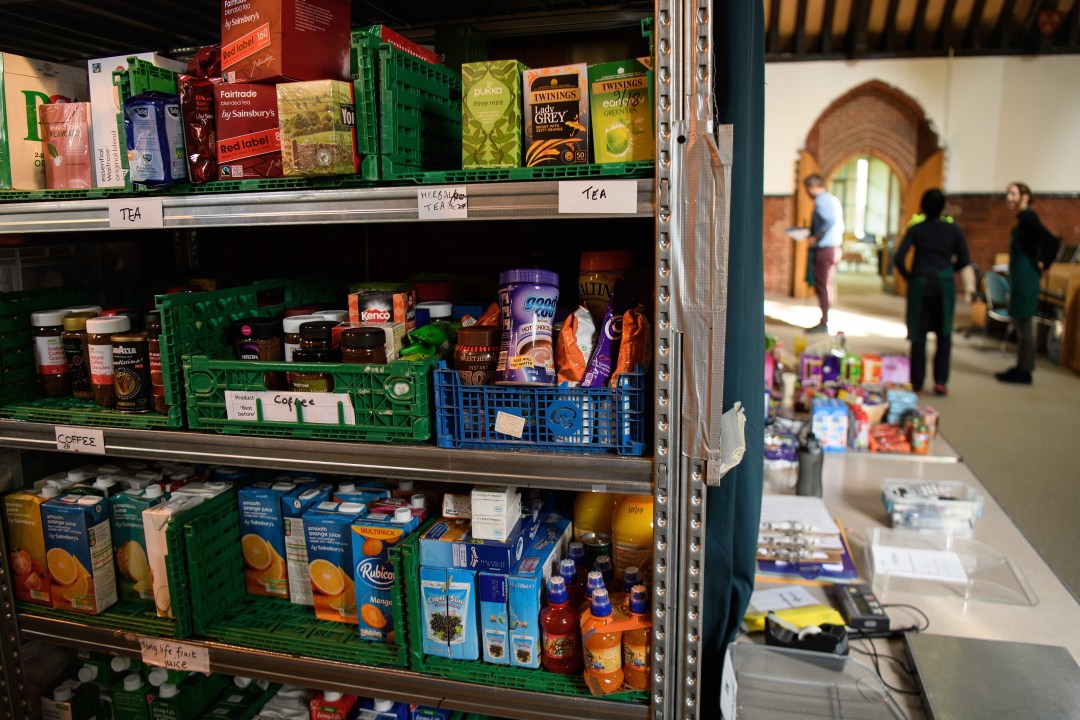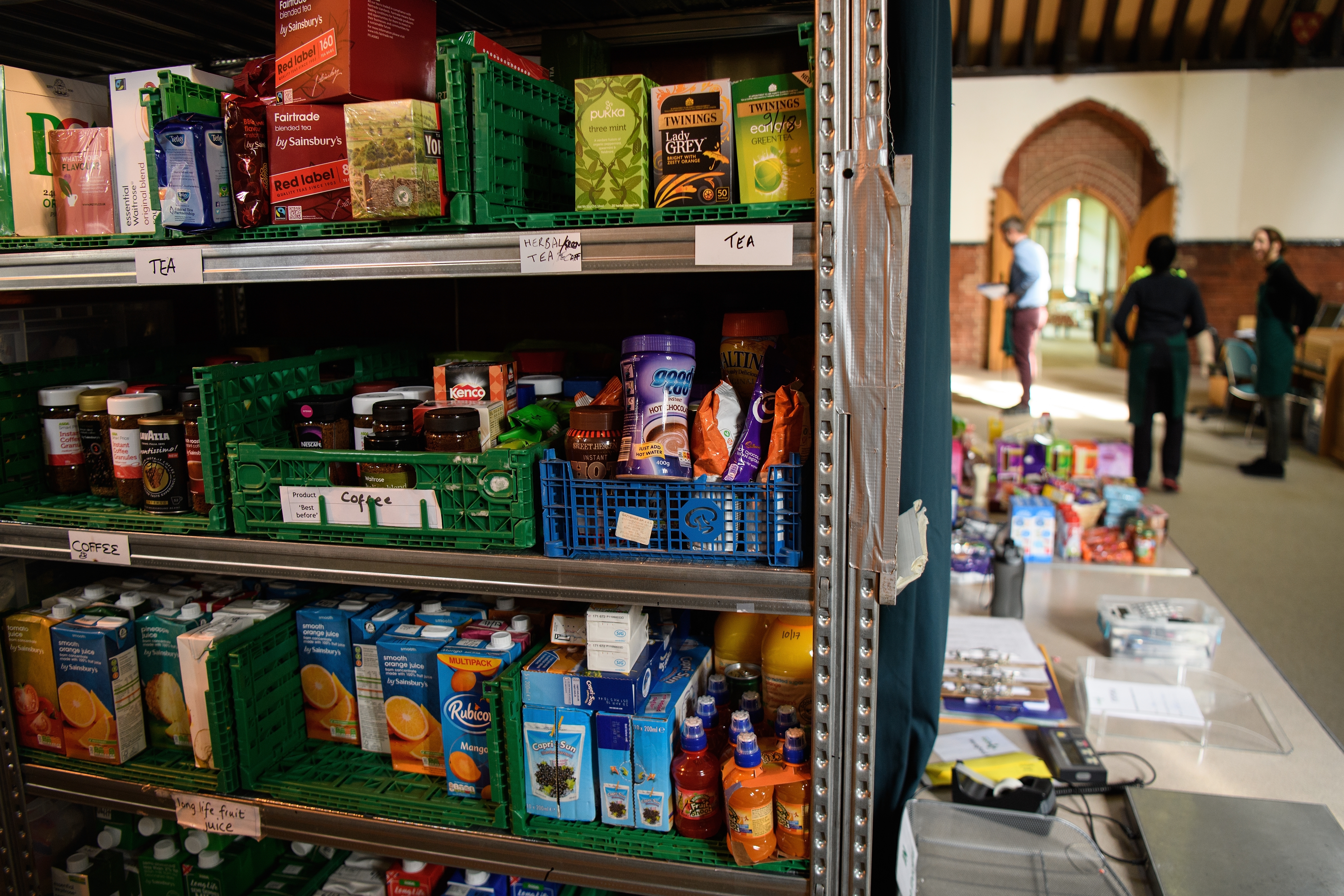How easy it has been for the government’s opponents to leap on the bandwagon of Marcus Rashford’s campaign to extend free school meals through the holidays. Nothing is more guaranteed to stir up emotion than the Dickensian charge that the government is out to ‘starve’ children – while MPs guzzle down subsidised booze in the House of Commons.
Yes, the amount of money required to provide meal vouchers throughout the holidays pales into insignificance when compared with the shameless waste of Boris Johnson’s government – not least the £12 billion frittered on a test and trace system which government scientists say is making only a marginal difference on infection numbers. Yet behind the Prime Minister’s refusal to give in – so far – lies a principle which Labour once promoted: that welfare should be provided in the form of money, not benefits in kind.
In other words, don’t dole out soup and blankets to the poor – pay them an allowance which they then choose how to spend. It is possible to construct an objection to this approach: how can you be sure when you pay out Universal Credit, that it is going to go towards children’s lunches rather than to feed a parent’s drug habit? But there is also a strong case for it: make people too dependent for too long on benefits in kind and they will lose, or fail to develop, financial independence.
It was this principle which led Gordon Brown’s government to change the way housing benefit was paid – so that instead of providing people with accommodation and paying landlords directly, the government would pay an allowance to enable people to find a house or flat on the open market. The argument was that it would put them in control on their own finances and allow them to make their own decisions.
Does Labour now disown this principle? Fine if it does, but if so then it should be open about it, rather than simply trying to win political points. It is hardly as if the government has not been providing financial support for those struggling during the Covid crisis – we have never had so much paid to so many. It is just that it has decided against one, quite small welfare programme: food vouchers for kids during the school holidays.
All this said, the government does deserve blame for making life difficult for one group of people: parents on low incomes with more than two children. I never understood why George Osborne, as Chancellor, restricted child benefit to a family’s first two children. Did he think that people were having three or four kids simply to bag an extra £20 a week and that they would have fewer children were the money taken away? I can understand why he cut child benefit for better-off households, but limiting payments to the first two children always seemed to me a blatant punishment for the children of the poor. The cuts have hung like a lead weight around the government’s efforts to reduce child poverty.
I suspect that the government won’t resist Marcus Rashford for a lot longer; the pressure of negative publicity will be too great. Children will get their food vouchers, whether or not it offends long-established welfare principles or not. But a better long-term reform would be to remove the cap on child benefit, and pay it to all children, not just a family’s first two.








Comments